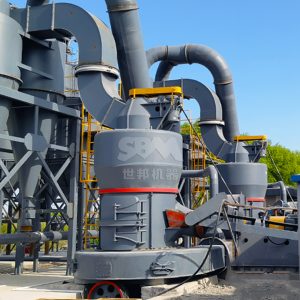
Introduction: The Critical Role of Limestone Grinding in FGD Flue Gas Desulfurization (FGD) is a cornerstone technology in modern industrial emission control, primarily used to remove sulfur dioxide (SO₂) from the exhaust gases of power plants and other industrial facilities. Among various FGD methods, the wet limestone-gypsum process is the most widely adopted due to […]
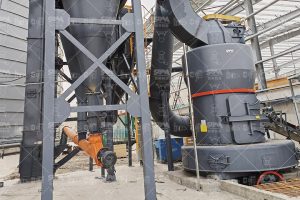
Introduction The production of fine powders from clinker and limestone is a cornerstone of modern industries such as cement manufacturing, construction materials, and chemical processing. Achieving the desired fineness, throughput, and energy efficiency requires a sophisticated understanding of grinding technology and the selection of appropriate equipment. This guide provides a comprehensive overview of the complete […]
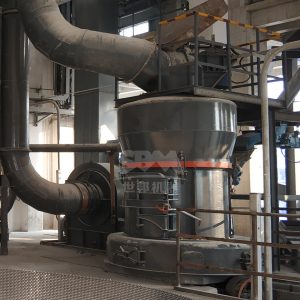
Introduction Cement clinker production is a complex and energy-intensive process that forms the core of the cement manufacturing industry. The quality, efficiency, and environmental footprint of the final product are heavily influenced by the raw materials, the additives used, and the performance of the processing equipment. This guide delves into the critical additives employed in […]
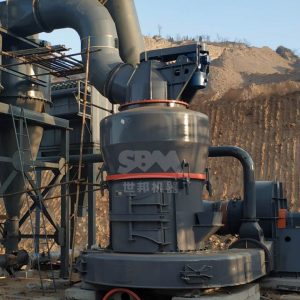
Introduction In modern cement production, the pre-decomposition kiln process has become the industry standard due to its high efficiency and low energy consumption. A critical component of this process is the preparation of raw meal, where limestone, the primary ingredient, must be ground to a specific fineness to ensure optimal calcination and clinker formation. Selecting […]
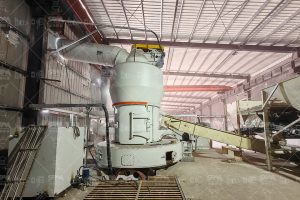
Introduction High specific surface area limestone powder is a cornerstone material in modern industries, finding critical applications in construction (as a filler and in self-compacting concrete), plastics, paints, coatings, paper, and environmental technologies such as flue gas desulfurization. The performance of the final product is intrinsically linked to its particle size distribution, morphology, and, most […]
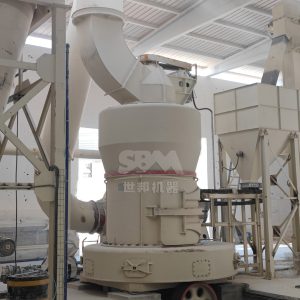
Introduction The modern cement industry relies heavily on the precise processing of raw materials and additives to achieve the desired chemical composition, fineness, and reactivity. Additives such as limestone, pozzolans, slag, and gypsum are integral to controlling setting times, enhancing strength, and improving durability. The efficiency and quality of the final cement product are directly […]
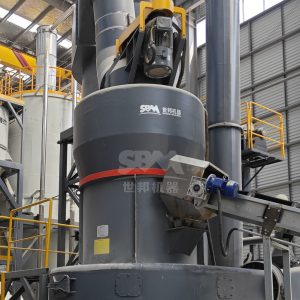
Introduction Talc, a hydrated magnesium silicate mineral, is a cornerstone industrial material prized for its softness, lubricity, chemical inertness, and platy structure. Its applications span from plastics and paints as a reinforcing filler and extender to cosmetics, pharmaceuticals, paper, and ceramics. The value of talc in these markets is intrinsically linked to its particle size […]
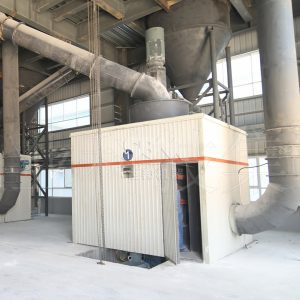
Introduction: The Critical Role of Grinding in Glass Recycling The global push for sustainability has placed glass recycling at the forefront of circular economy initiatives. Unlike many materials, glass can be recycled indefinitely without loss of quality. However, transforming post-consumer and industrial waste glass (cullet) into a valuable, reusable raw material requires precise and efficient […]
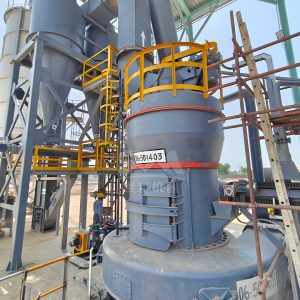
Introduction The efficient processing of petroleum coke (petcoke) and metallurgical coke is a critical operation in numerous industries, including aluminum smelting, steel production, and power generation. The selection of appropriate grinding and milling equipment directly impacts product quality, production costs, operational efficiency, and environmental compliance. With a wide array of technologies available, from traditional ball […]